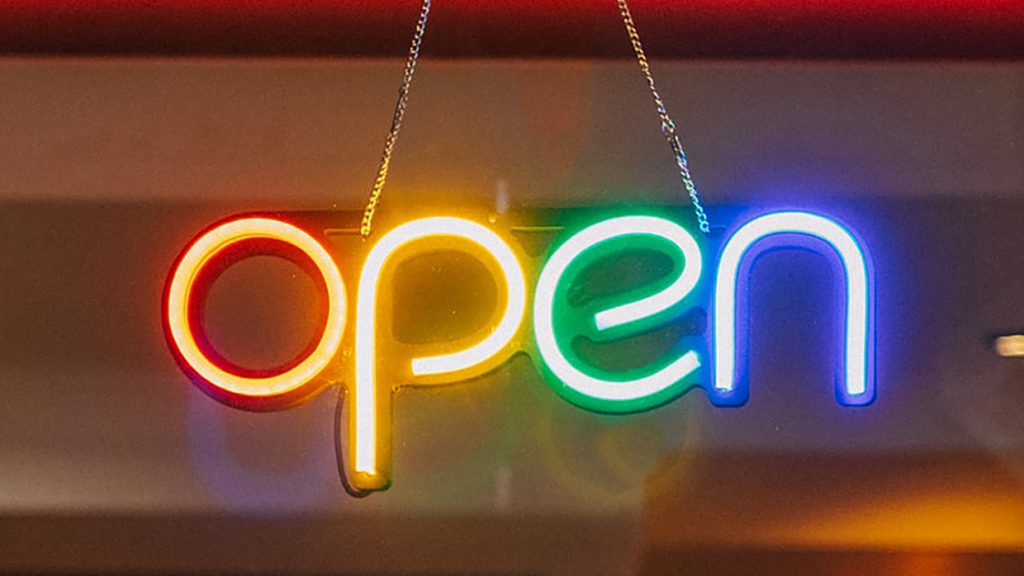
“Running a business based on OSS can present unique challenges. Among them: You may be building a tool your competitors can use to crush you.
In tech, you are always trying to build something new, as Canonical CEO Mark Shuttleworth pointed out on the podcast Open Source Underdogs. “And it’s hard enough getting that right,” he said. “With open source, you need to think about enabling your own competition. You’re enabling people to compete with you with the benefit of all the things you’ve done. And that can be both financially and emotionally very daunting.”
With that in mind, Amanda Brock, CEO of OpenUK, offered three questions in her keynote address at PerconaLive that every business should ask before open sourcing their code:
- What if someone else takes your code and uses it?
- What if they take your code and make money from it?
- What if they use your code and they make a lot of money from it — and you make nothing or very little?
It’s the last question folks stumble on. But the sixth clause of the open source definition clearly states that you cannot discriminate against fields of endeavor. So it doesn’t matter if people charge for it or if you don’t like the use case; in order to be truly open source, you have to allow them to use it.
“Of course you can exclude other people from using your source code, but, if you do that, your code is proprietary and it’s not open source,” Brock said.
If you do decide to go open source, the challenge becomes getting enterprises to become partners, contributors and hopefully financial sponsors of your project. Because, Brock said, open source is a lot of things — but it’s not inherently a business model.”





